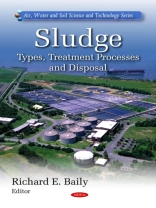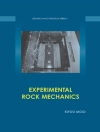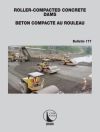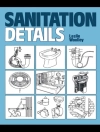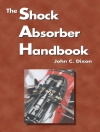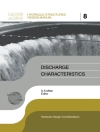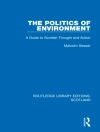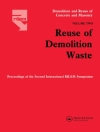Wastewater treatment plants usually generate millions of tons of sewage sludge every year. Sewage sludge results from the accumulation of solids from chemical coagulation, flocculation and sedimentation during wastewater treatment. Worldwide, sludge production is steadily increasing, driven by the increasing percentage of households connected to central treatment plants, the increasing tightening of pollution limits on the effluent discharged, as well as the availability of technologies capable of achieving higher efficiency of wastewater treatment. Sewage sludge contains undesirable hazardous substances such as trace elements, pesticides and endocrine disruptors, pathogens and other microbiological pollutants. Therefore, sludge has to be properly treated and disposed of to prevent environmental contamination and health risk. Sludge processing is intended to improve dewatering characteristics, eliminate disease-causing bacteria, reduce smell and decrease the quantity of organic solids. In this way, the end product can be treated further or disposed of with less handling problems and environmental consequences. This new important book gathers the latest research from around the globe on this issue.
Richard E Baily
Sludge [PDF ebook]
Types, Treatment Processes and Disposal
Sludge [PDF ebook]
Types, Treatment Processes and Disposal
Koop dit e-boek en ontvang er nog 1 GRATIS!
Formaat PDF ● Pagina’s 333 ● ISBN 9781617285790 ● Editor Richard E Baily ● Uitgeverij Nova Science Publishers ● Gepubliceerd 2018 ● Downloadbare 3 keer ● Valuta EUR ● ID 7219865 ● Kopieerbeveiliging Adobe DRM
Vereist een DRM-compatibele e-boeklezer
